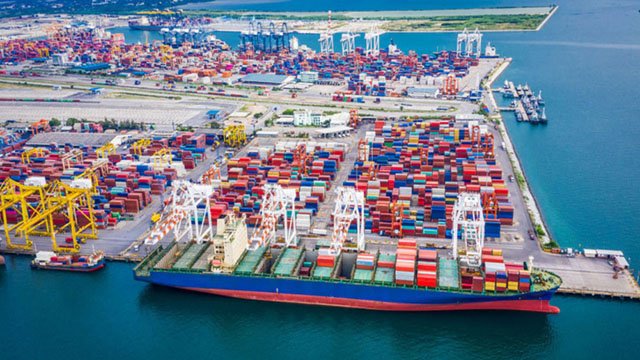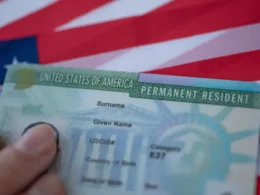Remember when the film 2012 was released and everyone feared for the other shoe to drop when the year actually came? We panicked too early, by a margin of exactly 8 years to be precise. 2020, the year that changed the way the world works came when no one expected it and literally brought us to a standstill.
Here’s a short recap of how the virus turned into a global pandemic:
-
The first cases of Coronavirus were reported to the WHO by China on December 31, 2019. Wuhan Municipal Health Commission, China, reported a cluster of cases of pneumonia in Wuhan, Hubei Province. These cases were later determined to be those of coronavirus.
-
The first cases of the virus outside of China were reported by Thailand on January 13, 2020.
-
Human to human transmission of the virus was confirmed by the WHO on January 22 and the organisation asked the world to give it some time to study the extent of the virus before telling the world more about it.
-
On March 11, 2020, the WHO categorised the coronavirus outbreak as a global pandemic
-
On March 18, 2020, WHO and partners launch the Solidarity Trial, an international clinical trial that aims to generate robust data from around the world to find the most effective treatments for COVID-19.
-
On August 23, 2021, the FDA in the United States of America approved the first coronavirus vaccine. Other variants of the vaccine were already running critical trials. Soon various countries were able to produce their own coronavirus vaccines, including China and Russia.
-
As of February 2, 2022, 24 countries are on WHO’s list of authorised vaccine producers and still more than half of the world’s population is still unvaccinated. There are at least 30 countries who are yet to receive a single dose of the coronavirus vaccine. In Pakistan, only 37.4% of people are fully vaccinated. This number needs to be much higher in order for the country to control the adverse effects of the pandamic.
Two years and five variants later, the coronavirus has forever changed the world’s social fabric. Pakistan has also experienced a number of changes in the past two years. Even though the country still has not grasped the concept of social distancing, we have now become accustomed to things like temperature checks at the entrances of public places, of relatively smaller weddings and of generally staying at home more.
Economically, the country is still rebounding from the impacts of the lockdown we collectively experienced through most of 2020. Business owners throughout the country have been affected by the virus. However, on the flip side, we have seen a number of new online businesses pop up, most of them indigenous to certain cities or certain arts of bigger cities.
The concept of online shopping has gained a lot of mileage in the past two years. A number of brands have realised that they cannot survive in the current economic climate without providing customers with the option of shopping online. This has led off to a number of new tech-based startups popping up in the country. The health sector has also seen growth with a number of new medical labs popping up all over the country.
OTT platforms have also become all the rage in the country with content creators putting out new and innovative entertainment content on YouTube and other indigenous platforms.
One sector that has been adversely affected by the pandemic is the education sector. Students in the country have remained out of classrooms for nearly two years. While schools, colleges and universities have been offering courses online, students have shown an incredible amount of learning deficit upon returning to class.
While the work-from-home format managed to make people realise what they were missing out on by having a six-day world week people also realised how difficult it is to be cooped up inside the house all the time with no where to go. The general lack of physical contact and socialising also had an adverse effect on people’s mental health. Inversely, things like burnout and the need for time away from work also started getting acknowledged by not only members of the workforce but also companies in general.
The country’s newly developed travel industry has also taken a hit in this pandemic and every time it tries to get back on its feet a new variant of the virus stops it in its tracks once again.
With no end to the virus in sight, it is high time that citizens understand the importance of social distancing and vaccination. Permanent adjustments have to be made to our lifestyles and our expectation that the world would soon turn back to the way it used to be has to be readjusted. As we start to reemerge into this changed world, it is imperative we change the way we used to function in order to make the world a better place for ourselves and those who come after us.










